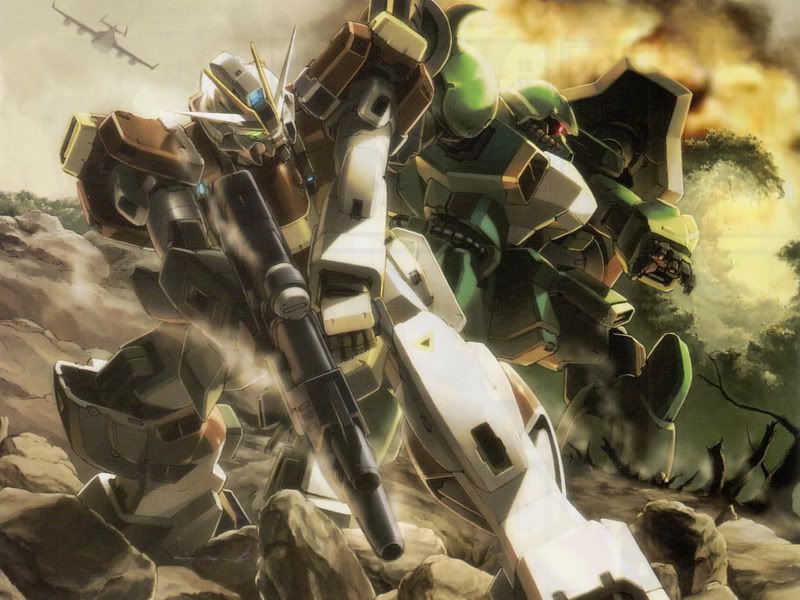"The first Russian patrol came in sight of the camp about midday on January 27, 1945. Charles and I were the first to see them: We were carrying Somogyi's body to the common grave, the first of our roommates to die."
So writes Primo Levi, in describing the liberation of Auschwitz-Birkenau in his classic account The Reawakening.
This week the world marked the 60th anniversary of that day with an unprecedented degree of attention. Seminars and ceremonies were held around the globe while statesmen and clergy personally attended the proceedings at Auschwitz. Even the UN, which had shamefully failed to mark the Holocaust in previous years, held a special General Assembly session, handing the podium over to survivor Elie Wiesel.
All this represents undeniable progress in marking a chapter unmatched in human history for its senseless cruelty. That said, mankind is still far from absorbing and applying the lessons it must draw from the Holocaust. And those cannot be learned if the uniqueness and gravity of the Holocaust are still questioned by moral relativism driven by anti-Semitism or other agendas - such as those of the British Muslim leaders who shunned an inter-faith commemorative ceremony "because it excludes ongoing genocide and human rights abuses around the world, and in the occupied territories of Palestine."
Nor can they be learned if Israel's opponents resort to anti-Semitic propaganda akin to the Nazi dehumanizing of the Jews, as the Palestinian Authority has been shown to do in a newly released Diaspora Affairs Ministry report.
Nor can they be learned if the civilized world still refuses to unequivocally confront those who resort to genocidal tactics - be it in Bosnia, Rwanda, or most recently, Darfur.
Nor can they be learned if even Jews sometimes sink so low as to dub each other "Nazi" or abuse Holocaust symbols for partisan causes.
All this is proof that the ever-growing awareness of the Holocaust, and the major educational efforts undertaken by various institutions, have yet to raise world consciousness to a point of no return back to the mentality of hate and prejudice that first gave rise to Nazism.
Yet awareness is the beginning of all action, and that effort would not even be imaginable in this day and age if the Holocaust's memory were not preserved now to a degree unimaginable in the years of relative silence that followed the war. So let us be grateful that this week the world at least turned its eyes toward Auschwitz and listened to the words spoken there, especially by the survivors whose number now shrinks by the day.
Levi recorded his own feelings upon his liberation and his words ring out simple and profound this week:
"So for us, even the hour of liberty rang out grave and muffled, and filled our souls with joy and yet with a painful sense of prudency, so that we should have liked to wash our consciences and our memories clean from the foulness that lay upon them; and also with anguish, because we felt that this should never happen, that now nothing could ever happen good and pure enough to rub out our past, and that the scars of the outrage would remain within us forever, and in the memories of those who saw it, and in the places where it occurred and in the stories we should tell of it."
Click here to view the source. Jerusalem Post | Breaking News from Israel, the Middle East and the Jewish World
Friday, January 28, 2005
Subscribe to:
Post Comments (Atom)

1 comment:
What a great site Gobi roof racks for jeep Ferrari 12.281.717 Dishwasher miele repair Cosmetic bag homemade imagewhat+is+fluoxetine 2 Digital printing outlook Erectile dysfunction penis Blonde big naturals tilt poker california black cosmetic surgeon car cycle rack uk Natural therapy for breast cancer http://www.hair-loss-in-man.info/cosmetics-clip-art.html
Post a Comment